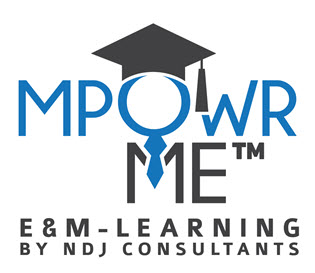|
Introduction
|
|
|
What is Facilitation?
|
|
|
How Facilitation Differs from Training and Presenting
|
|
1. Developing your Skills as a Facilitator
|
|
|
Self-Assessment: Can I Facilitate?
|
|
|
The Role of the Facilitator
|
|
|
Skills and Characteristics of a Good Facilitator
|
|
|
Non-Verbal Skills (Body Language)
|
|
|
Verbal Skills
|
|
|
Giving Feedback
|
|
|
Professional Conduct
|
|
|
Dress for Success
|
|
2. Developing your Presentation Skills
|
|
|
Improving your Confidence as a Presenter
|
|
|
Overcoming Stage Fright
|
|
|
Preparation Techniques
|
|
|
Establishing Credibility with your Audience
|
|
|
Visual Aids
|
|
3. Pre-Session Planning
|
|
|
Developing your Objectives
|
|
|
Targeted Participant Selection
|
|
|
Developing the Session Structure
|
|
|
Developing your Delivery Strategy
|
|
|
Editing and Finalising your Material
|
|
|
Technical Requirements
|
|
4. Experiential Learning Techniques and Processes
|
|
|
Adult Learning Principles
|
|
|
Experiential Learning Processes
|
|
|
Experiential Facilitation Styles
|
|
|
Creating Ways to Assess the Performance of a Group
|
|
5. Facilitation Techniques
|
|
|
Interactive Facilitation Techniques
|
|
|
Solution-Driven Techniques
|
|
6. Setting the “Mood”
|
|
|
Creating a Safe Environment
|
|
|
Group Dynamics
|
|
|
Methods of Engaging Participants
|
|
7. Managing the Challenges One Faces While Facilitating
|
|
|
Dealing with Questions Effectively
|
|
|
Managing Conflict
|
|
|
Managing Time
|
|
|
Involving all Participants
|
|
|
Handling Dominant People
|
|
|
Working with Shy People
|
|
|
Working with Diversionary People
|
|
|
Working with the Perfect Participant
|
|
|
People are Not Listening or Participating
|
|
|
Distractions
|
|
Conclusion
|
|
|
Evaluating the Success of a Session
|
|
|
Additional Resources
|



